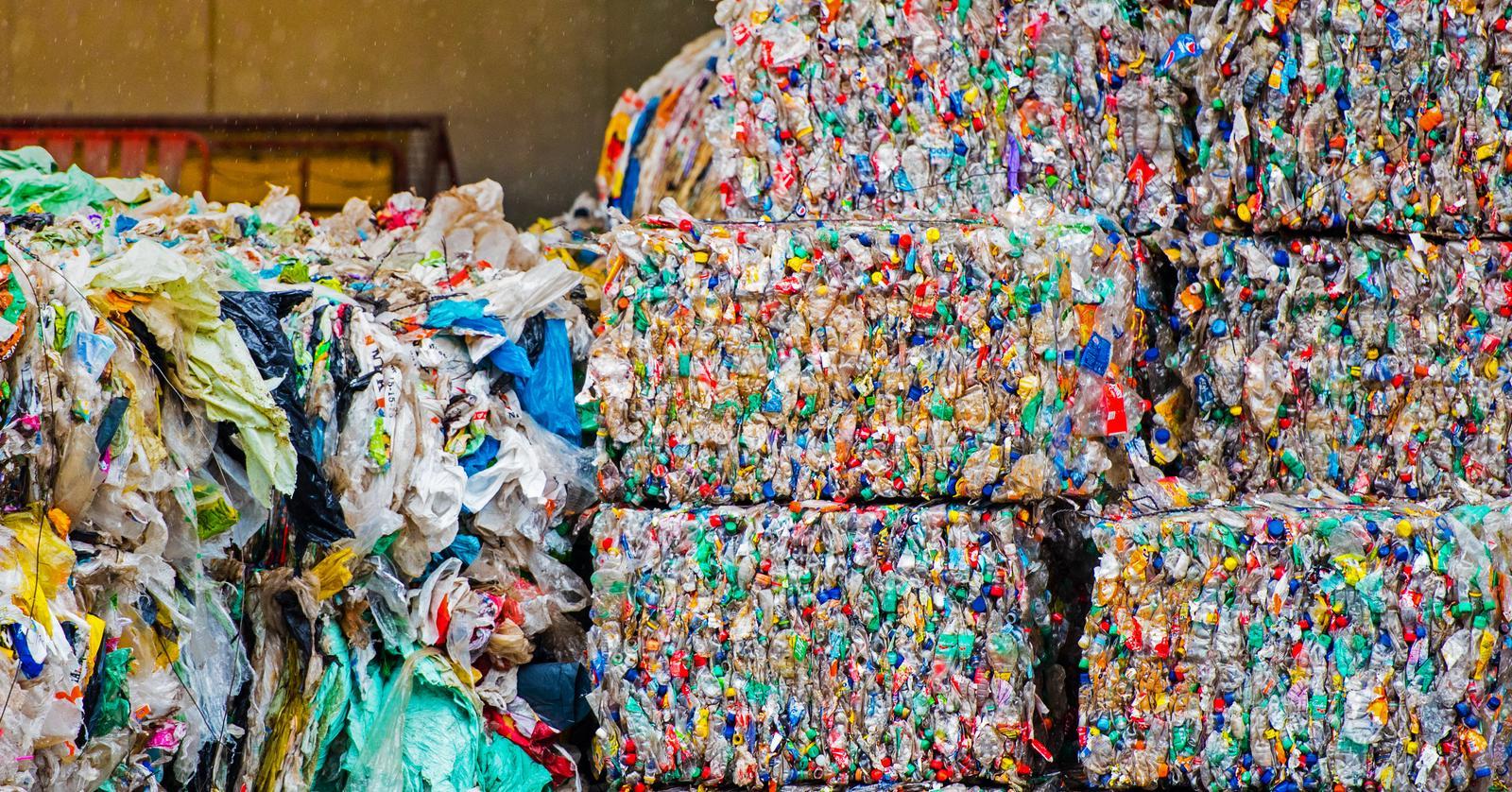The outbreak of
coronavirus in China and the spread of the disease to other countries have laid
bare the vulnerabilities of the global supply chain. Efforts to clean up waste and use precious
natural resources more efficiently rely heavily on multinational shipments of
scrap metals and waste plastics, most of which end up in China and other parts
of Asia for recycling.
Efforts to halt
the spread of the coronavirus have lead to a dramatic disruption in the scrap
and recycling industry, particularly in China.
Beginning in late January 2020 and through much of February, China recycling
operations were not allowed to operate.
Manufacturing companies in China that represent the largest block of
buyers of recycled materials were also shut down during this period of time. Thus even scrap and waste that could be
diverted to recyclers in other Asian countries, was left stranded for lack of
orders from China manufacturers. China
authorities have reopened operations and given the signal to workers to return
to their posts, but the usual flow of business in China manufacturing has still
not resumed.
Demand
Destruction
The disruption experienced
by recyclers is, of course, not unique to this particular industry. Nor is the looming worry of demand
destruction - the loss of orders that are never renewed because
end users simply have no need. Some
industries, such as water and power utilities, are resigned to the permanent
loss of demand from commercial and industrial customers during periods of no or
slow production.

For other
industries, it is not clear whether manufacturers will attempt to make up for
lost time by accelerating production. If
it appears that demand was been permanently squelched, it may not be necessary
to make up for loss production volumes.
Moody’s Analytics estimates that the global demand for new cars will
decline by 2.5% in 2020 due to the coronavirus impact on household income and
consumer demand. Automotive
manufacturers may decide a production scrabble it is just not necessary. Such decisions would have a ripple effect all
through the metals, plastics, rubber and paint supply chains.
Going into the
health crisis, the U.S. recycling industry had already been struggling. Beginning in 2018, China had nixed imports of
waste plastics into the country, triggering alarm bells among recycling
operations in the U.S. in particular. The
recycling industry in the U.S. is largely confined to the collection and
aggregation of plastics and metals.
Processing of waste plastic is completed elsewhere.
Confused
Consumer
Inconsistent
labeling and inadequate education has the U.S. behind in recycling
efforts. According to a study funded by
the U.S. Department of Environmental Protection and completed by Yale
University in 2018, only 21.4% of plastics are recycled. What does get recycled is often contaminated
and requires sifting and sorting before it can be processed. That is one reason the China option had been
so important for the U.S. plastic recycling effort. China was able to provide the necessary labor
at a low cost to reverse mistakes made by the U.S. consumer in disposing of
their plastic waste.

The exit of
China from the plastics recycling game has made worse the significant cost
disparity between virgin plastic and recycled plastic. Consumer spending makes up about two thirds
of the U.S. economy and that spending monster wants the least expensive option. For the U.S. consumer is not so important
that it be a virtuous, environmentally sound option.
Thus the goal of
so many plastic recycling advocates has been in precarious position for some
time -
to build a circular economy wherein plastic is reused over and over, ending
the need to pump new petroleum to place a bottle of water on the table. The coronavirus threat to the world economy
is just one more clog in the works for processing and reuse of plastics and
just about everything else meant for recycling.
Tariff Option
One solution may
seem unpalatable - yet it could be quite effective. In 2018, China levied 25% tariffs on scrap
plastic imports as well as certain virgin plastic resins. One of the virgin resins is HDPE, which is a
top export from the U.S. to China. The
U.S. shipped over 300,000 metric tons of HDPE to China in 2017, the last full
year of exports recorded before the tariffs were enacted. These tariffs were part of China’s reaction
to trade war tactics by the U.S. in 2018.
China’s tariffs on virgin plastic resins demonstrated that such levies
could close the gap in cost between resins from recycled plastic and that from
virgin petroleum.
Neither the author of the Small Cap Strategist web
log, Crystal Equity Research nor its affiliates have a beneficial interest in
the companies mentioned herein.
No comments:
Post a Comment